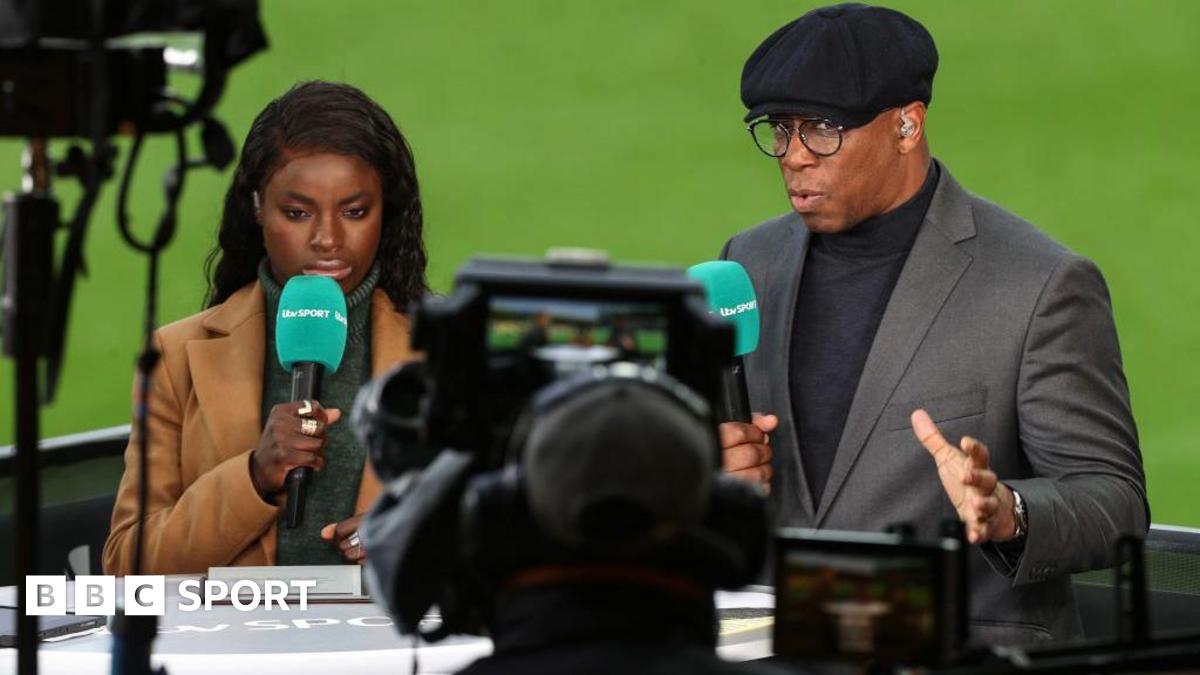Football's Gender Bias: Aluko's Claim Exposes Deep-Rooted Issues
The explosive allegations made by former England footballer, Eni Aluko, against the Football Association (FA) have shone a harsh spotlight on the pervasive issue of gender bias in football. Aluko's claim, detailing alleged racial discrimination and bullying, sparked a national debate and highlighted the systemic inequalities faced by women in the sport. This article delves into the details of the case, its wider implications, and the ongoing fight for equality in football.
Aluko's Allegations: A Turning Point?
Aluko's accusations weren't simply about individual instances of misconduct. They exposed a culture within the FA, suggesting a deep-rooted lack of understanding and respect for female players. Her claims, meticulously documented and substantiated, included allegations of:
- Racial discrimination: Aluko alleged that she was subjected to discriminatory remarks by senior FA officials.
- Bullying and intimidation: She described a hostile environment where her complaints were dismissed and she faced retaliatory actions.
- Lack of support and protection: The FA's response to her complaints, Aluko claimed, was inadequate and failed to provide the necessary support and protection.
The case resulted in independent investigations and significant consequences for some FA officials, but the underlying issues remain. Aluko's bravery in speaking out resonated with many, prompting a much-needed conversation about the challenges faced by women in professional football.
Beyond Aluko: Systemic Issues in Women's Football
Aluko's case isn't an isolated incident. It serves as a stark reminder of the wider inequalities present in women's football, including:
- Pay disparity: The significant pay gap between male and female footballers remains a major concern.
- Funding inequalities: Women's teams often receive significantly less funding than their male counterparts, impacting resources, training facilities, and overall development.
- Media coverage: The lack of adequate media coverage for women's football contributes to its relative invisibility and undervalues the achievements of female players.
- Lack of representation in leadership roles: The underrepresentation of women in coaching, management, and administrative roles within football organizations perpetuates the cycle of inequality.
The Fight for Equality: Moving Forward
The Aluko case acted as a catalyst for change, prompting a renewed focus on addressing gender bias within the FA and the broader football community. However, meaningful progress requires sustained effort and commitment from all stakeholders. This includes:
- Increased investment in women's football: Greater financial support is crucial for improving infrastructure, training, and player development.
- Improved media coverage and promotion: Highlighting the talent and achievements of female footballers can help increase their visibility and popularity.
- Promoting diversity and inclusion at all levels: Ensuring representation of women in leadership positions and fostering a culture of respect and equality are essential.
- Strengthening anti-discrimination policies and procedures: Robust mechanisms for reporting and investigating complaints are necessary to create a safe and inclusive environment for female players.
Conclusion: A Long Road Ahead
While the Aluko case brought significant attention to the issue of gender bias in football, the fight for equality is far from over. The journey towards a truly equitable and inclusive sport requires sustained commitment, meaningful action, and a collective will to address the systemic issues that continue to hinder the progress of women's football. The legacy of Aluko's courage should serve as a constant reminder of the importance of speaking out against injustice and working towards a future where all players, regardless of gender, are treated with fairness and respect.
Keywords: Eni Aluko, Football Association (FA), Gender Bias, Women's Football, Racial Discrimination, Bullying, Inequality, Pay Gap, Media Coverage, Diversity, Inclusion, Equality in Sports
(Note: This article is for informational purposes only and does not represent legal advice. For accurate and up-to-date information on the Aluko case, refer to official sources and reputable news outlets.)

